These 5 plants can help you get the best, and potentially tastiest, broccoli ever – discover what to plant with broccoli, and what to avoid
Our selection of vegetables, herbs, and flowers is perfect for companion planting with broccoli
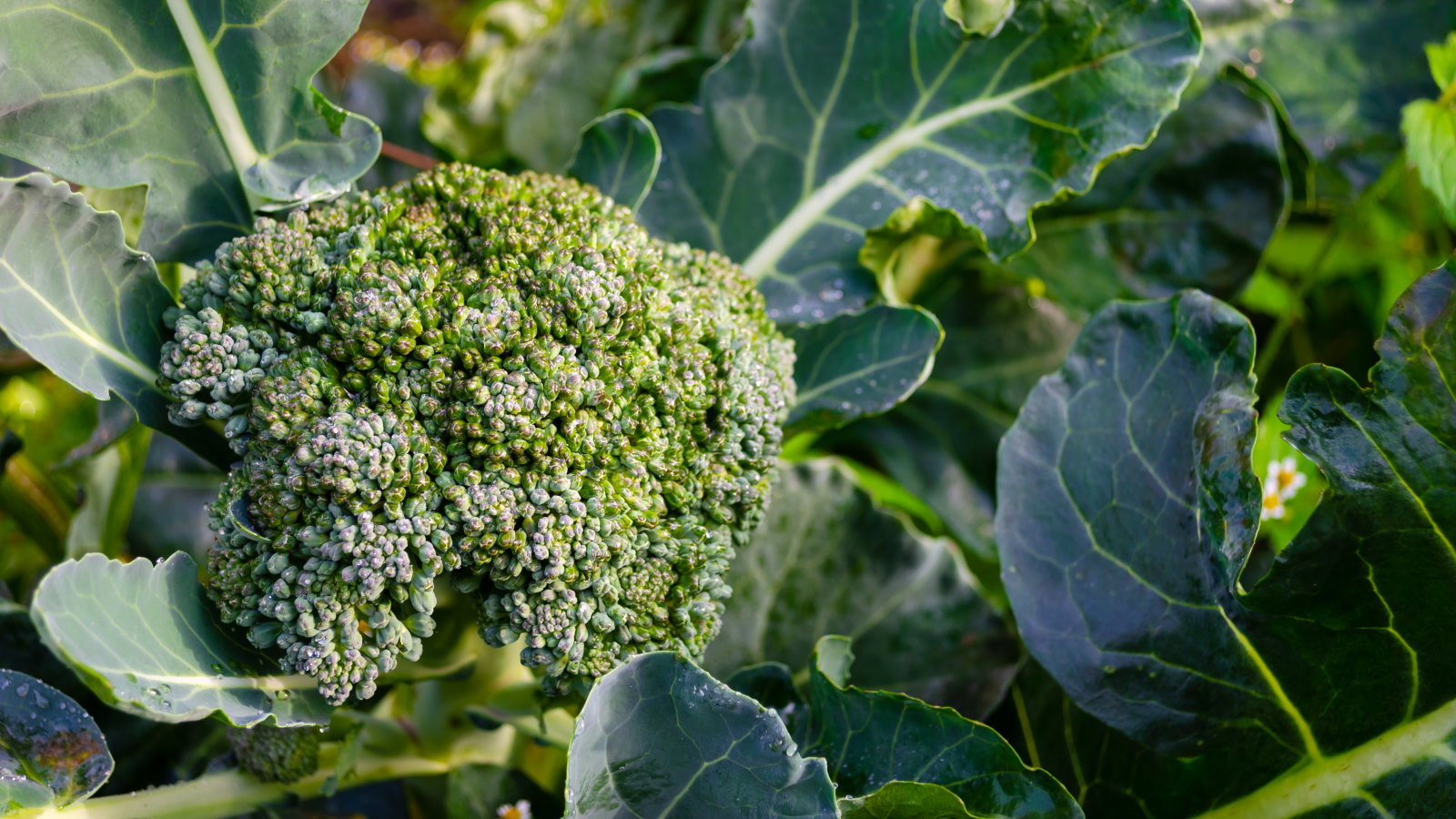

Companion planting is a valuable way of growing certain plants side by side to take advantage of the natural benefits that they offer each other. This guide looks at what to plant with broccoli to help you have the best crop possible.
Choosing the right companion planting with broccoli means fewer pest problems, flourishing plants, and better, even tastier, harvests. To achieve that, there are vegetables, herbs, and flowers that are great for companion planting with this popular brassica.
I have grown vegetables for many years, professionally and in productive gardens at home, and broccoli has always featured in my vegetable gardens. Here, I reveal five top picks to plant with broccoli and some of the vegetables that are not good companions when you grow broccoli.
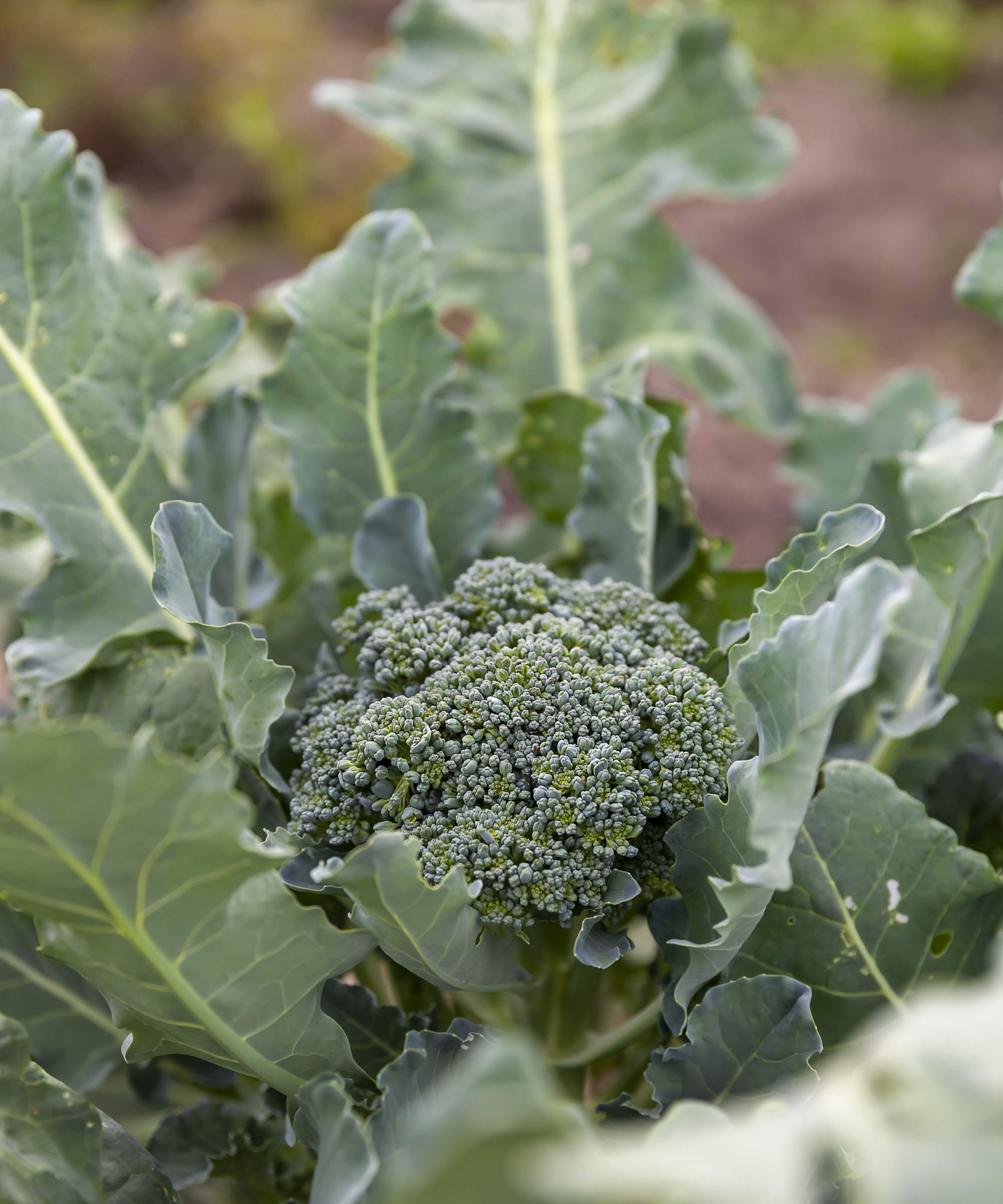
A guide to companion planting with broccoli
The following plants grow well with broccoli and offer benefits when planted nearby. As well as considering these companion plants when you plant broccoli, they are also beneficial if you grow broccolini, a trendy hybrid between European and Chinese broccoli.
What to plant with broccoli - 5 great picks
Beets
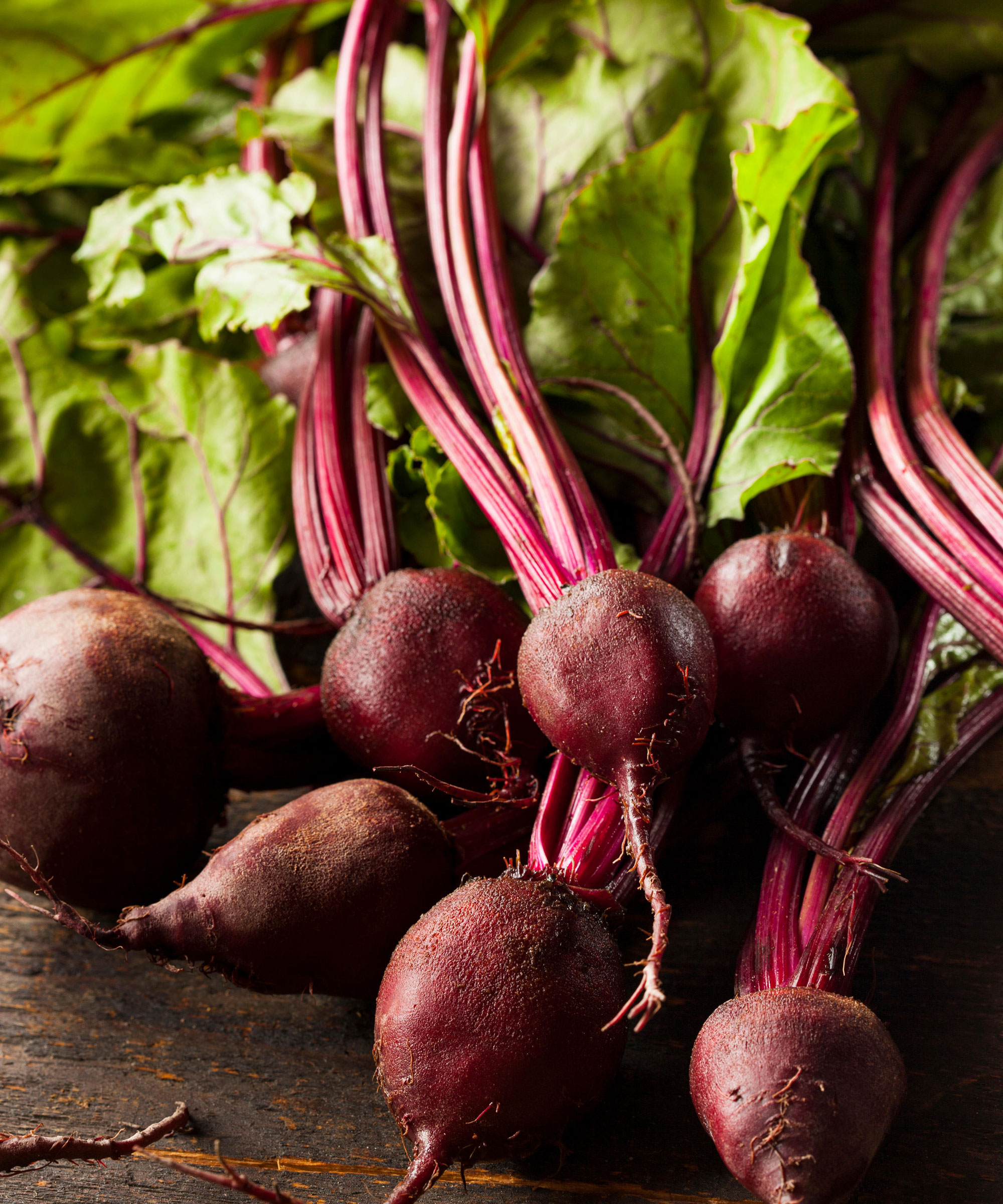
Beets and broccoli companion planting is a tried and tested success for two reasons.
Firstly, growing beets doesn’t take up much space, and the root crops work well with larger plants like broccoli and other brassicas. As beets and broccoli don’t occupy the same growing space, this combination means lots of harvests in a small space.
The other reason they work well is down to their nutrient requirements. Broccoli is a heavy feeder of calcium in the soil, while beets do not need much calcium to grow. Planting beets nearby won’t rob broccoli of the calcium it needs to develop, and you get a good beet and broccoli harvest.
See the selection of beet seeds at Amazon
See the selection of beet seeds at Walmart
See the selection of beet seeds at Burpee
Onions
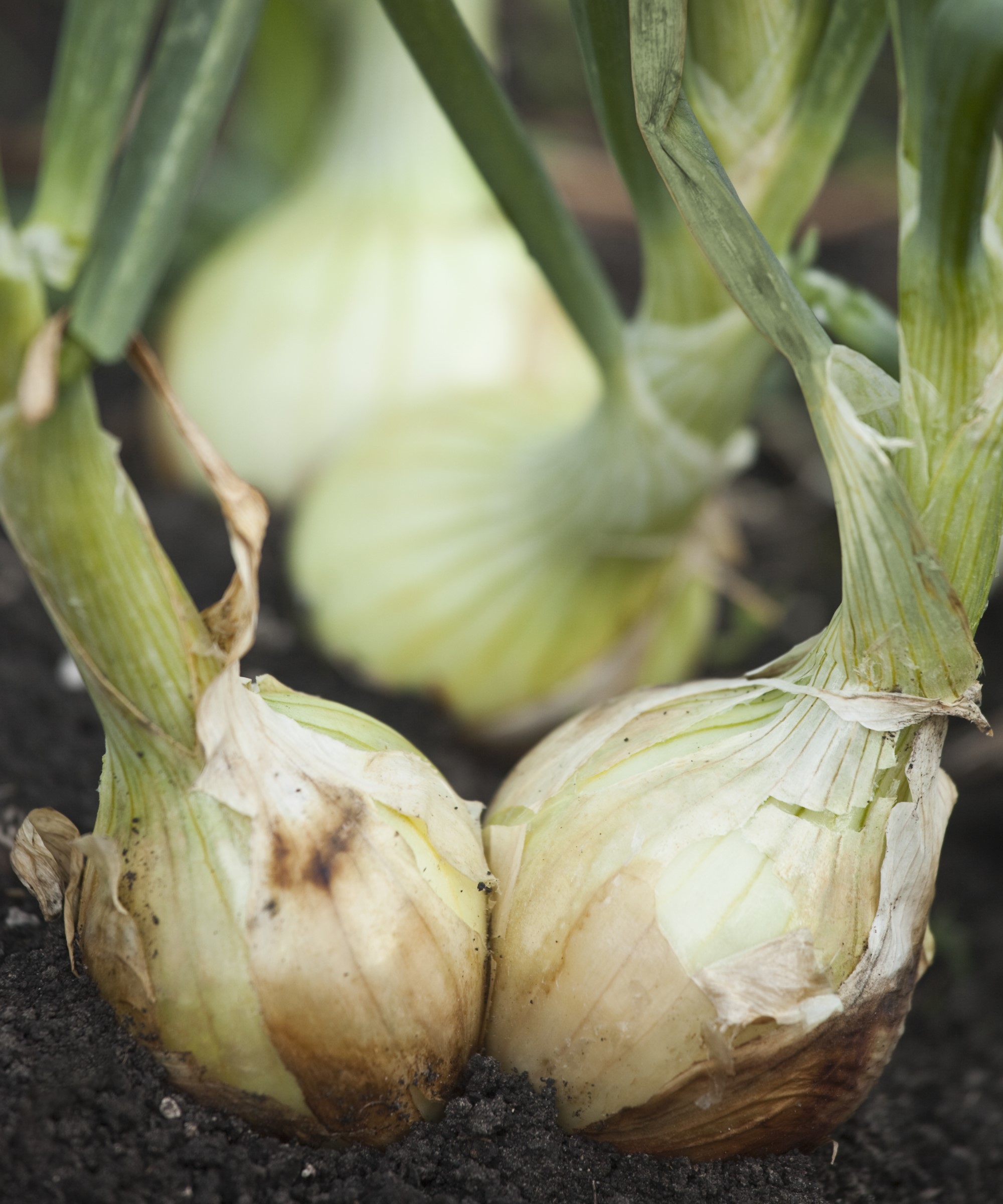
Overall, alliums are excellent for companion planting; varieties like onions, garlic, leeks, shallots, and green onions repel many pests found in vegetable gardens due to their strong aroma. Common pests such as aphids, slugs, flea beetles, and cabbage worms can be deterred through companion planting with broccoli and onions.
Additionally, some growers assert that planting shallots alongside broccoli actually enhances its flavor. If you want to try it yourself, these shallot sets at Nature Hills are very easy to plant and will mature in around 100 days.
The same flavor-enhancing properties are claimed for growing celery or chamomile as companion plants for broccoli, so it might be worthwhile to experiment and observe how the flavor develops.
Potatoes
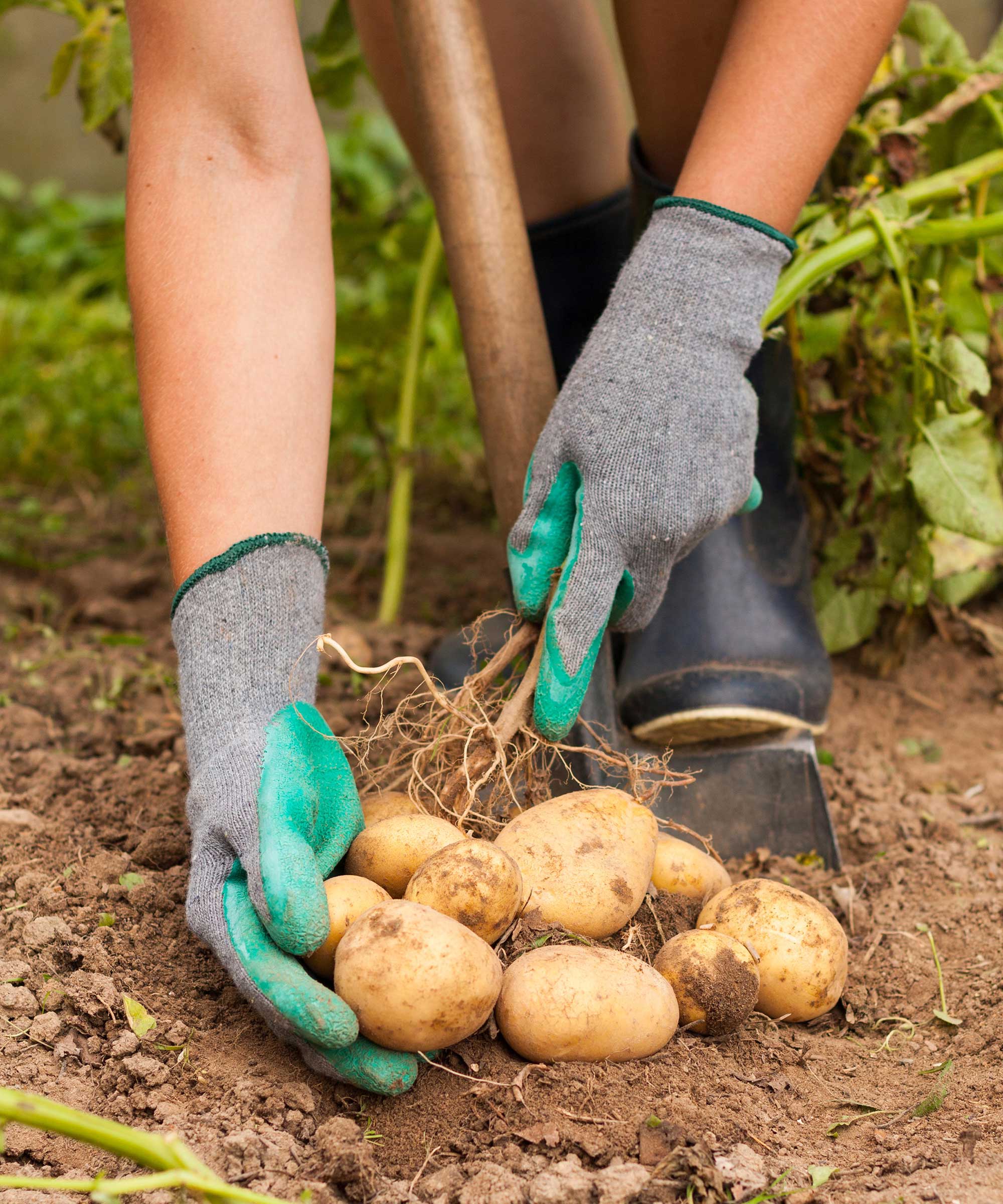
Do you know what grows well with broccoli, but not with many other vegetables? The answer is potatoes. Potatoes are notoriously heavy feeders that can rob other plants around them of nutrients. However, with broccoli, they won’t go after the same nutrients.
This enables them to coexist without being hindered by a lack of nutrients. As potatoes grow and seek water and nutrients deep in the ground, they also do not compete with the shallow-rooted broccoli plants. Identifying suitable companion plants for potatoes can be challenging, but broccoli and other brassicas make good neighbors.
See the selection of seed potatoes at Amazon
See the selection of seed potatoes at Walmart
See the selection of seed potatoes at Burpee
Rosemary
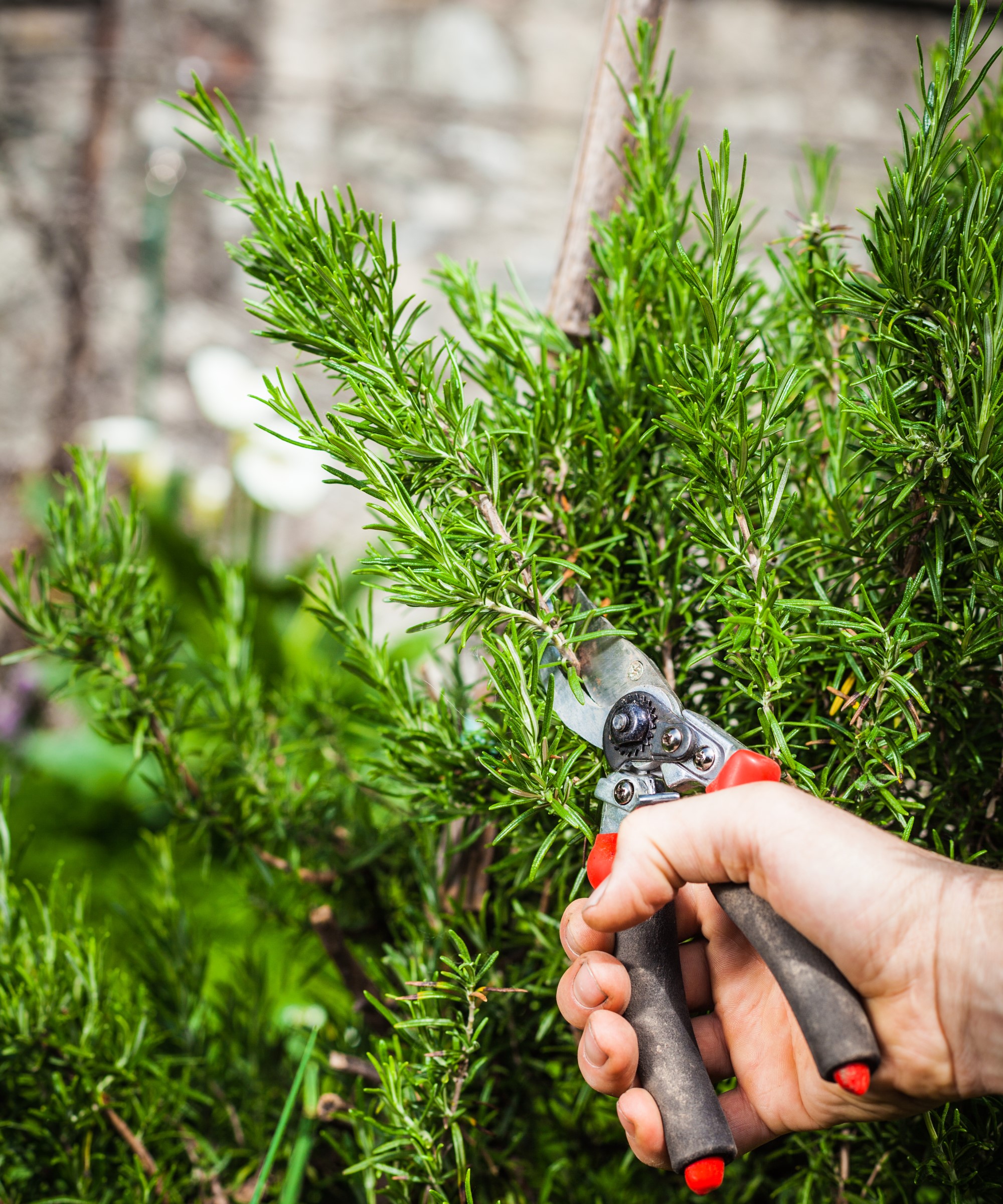
Cabbage moths, also known as cabbage white butterflies, and their larvae, cabbage worms, are renowned broccoli pests. So are cabbage loppers. The insects will vociferously chew foliage, leave plants covered in frass, and bore holes into the broccoli heads.
Growing rosemary actively repels cabbage moths and cabbage loppers thanks to the herb’s strong aroma. This scent masks the brassica smell and prevents adults from discovering the broccoli and laying their eggs on plants.
Covering plants with netting should always be the number one way to keep pests like moths and caterpillars out of a vegetable garden. But planting rosemary around plants is also a fantastic method of repelling unwanted pests. These rosemary plants at Burpee come in packs of three and are ideal to plant as a group near your broccoli.
Many other aromatic herbs are also suitable for companion planting with broccoli, including dill, sage, oregano, thyme, and mint.
Marigolds
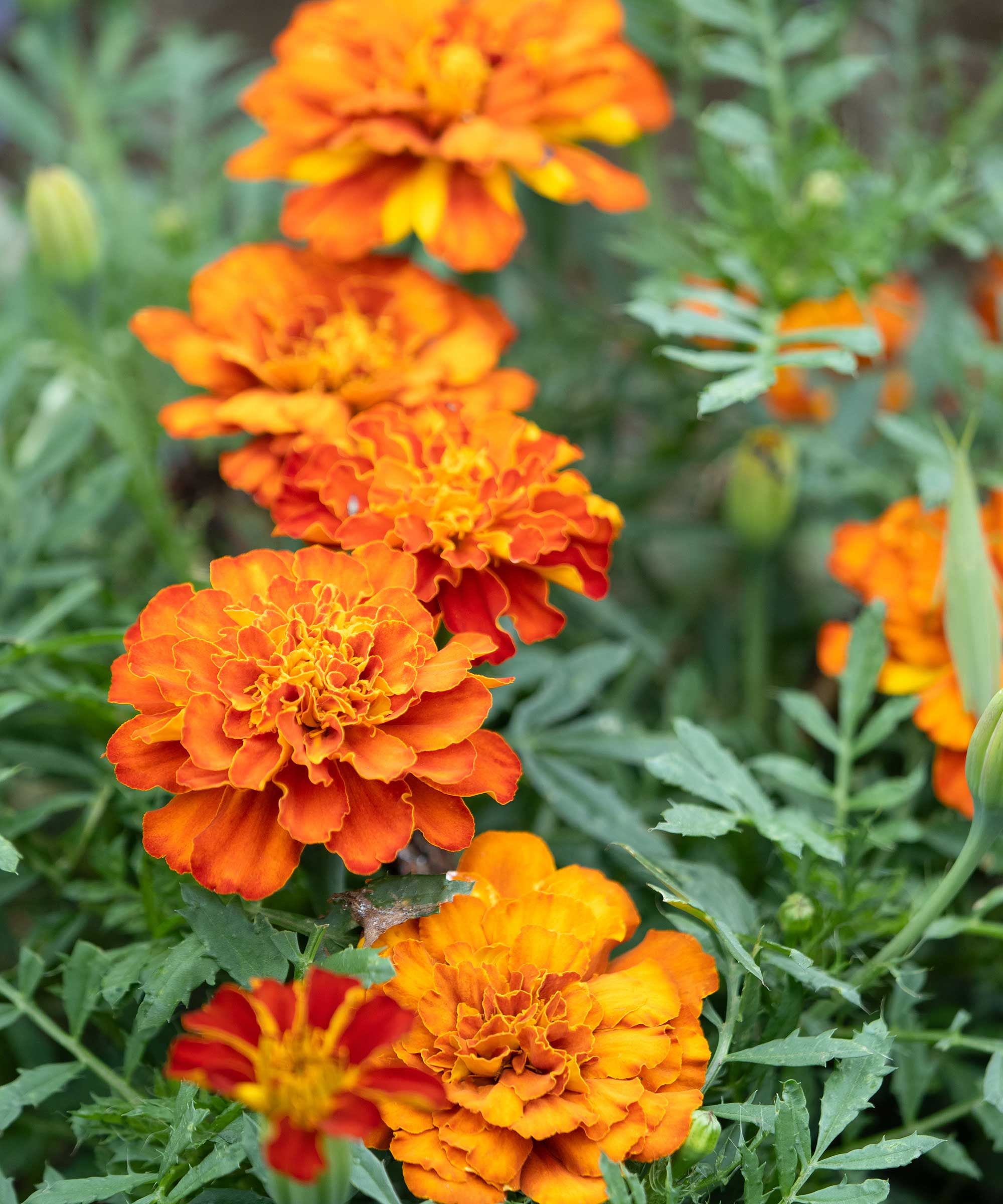
As well as vegetables and herbs, there are great flowers for companion planting with broccoli and potentially none are better than marigolds. This is because marigolds keep bugs away, and these bright and cheery annual flowers repel many pests that otherwise trouble broccoli plants.
Planting marigolds near your broccoli will deter the likes of flies, aphids, thrips, mosquitoes, and cabbage worms thanks to their strong scent. In addition, growing marigolds attracts pollinators into the vegetable garden.
Other flowers to plant in a vegetable garden to deter pests include nasturtiums, calendula, and hyssop, and these are also suitable for companion planting with broccoli.
See the selection of marigold seeds at Amazon
See the selection of marigold seeds at Walmart
See the selection of marigold seeds at True Leaf Market
What not to plant with broccoli
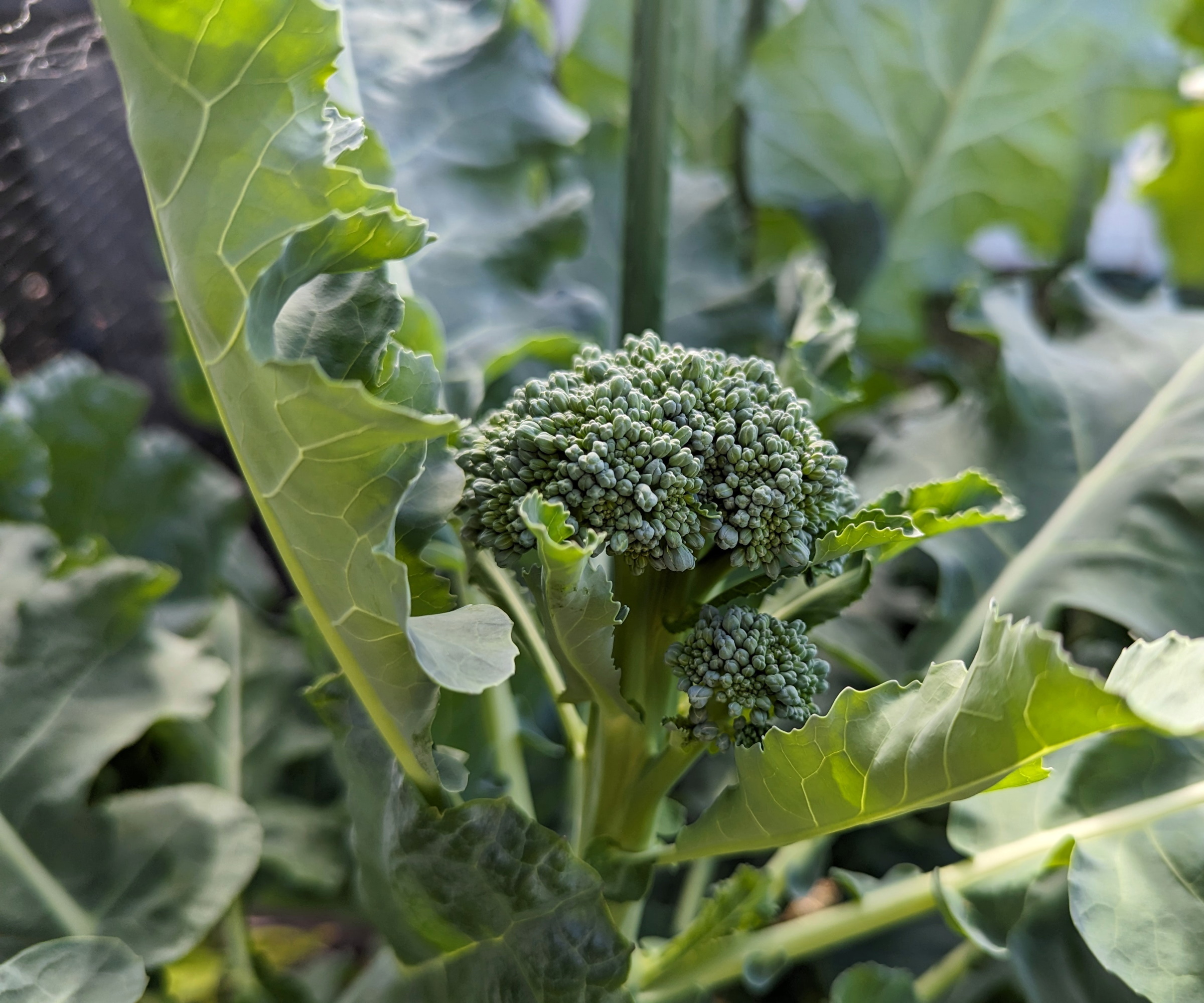
There are many beneficial plants for companion planting with broccoli, but some crops don’t pair well with the vegetable. When it comes to what not to plant with broccoli, here is a selection of vegetables to avoid planting nearby:
- Tomatoes - avoid growing tomatoes near your broccoli plants, as they will compete for the same nutrients, and the taller tomato plants can shade broccoli. As well as tomatoes, other nightshades like eggplant and peppers are also unsuitable for broccoli companion planting.
- Strawberries - the problem with broccoli and strawberry companion planting is that the fruits are heavy feeders that will compete for nutrients and the soil. Planting them together can cause both crops to struggle.
- Beans - legumes are known for their ability to fix nitrogen in the soil. However, that is not necessarily good for broccoli, and it can make the soil too nitrogen-rich. This can lead to too much foliage development at the expense of forming a large, tight broccoli head. If you want to grow French beans, runner beans, or any other types, it is best to plant them away from your broccoli.
- Corn - growing corn means another heavy feeder that takes considerable amounts of nutrients from the soil. It can mean a shortage of nutrients for the broccoli plants, causing them to be stunted and not form proper heads to harvest. The height of the corn plants can also shade broccoli, which may mean weak plants and disappointing heads. Plant corn in a different part of the vegetable garden from broccoli.
FAQs
Can carrots and broccoli be planted together?
Companion planting carrots and broccoli works well as the two crops grow in different spaces and their roots search for water and nutrients at differing levels in the soil. When you grow carrots, they grab nutrients from deeper down in the soil, while broccoli is a shallow-rooting crop.
It is vital to avoid making companion planting mistakes when planning a vegetable garden, as your plants will suffer and the yield will drop. Typical pitfalls to avoid include tall crops shading shorter ones, planting two heavy feeders together, and sprawling plants smothering others.
Always plan your companion planting or research to ensure the crops benefit each other. And be careful with plants like fennel, which is known to suppress the growth of many crops around it due to chemicals released from the roots.
Sign up to the Homes & Gardens newsletter
Design expertise in your inbox – from inspiring decorating ideas and beautiful celebrity homes to practical gardening advice and shopping round-ups.

Drew’s passion for gardening started with growing vegetables and salad in raised beds in a small urban terrace garden. He has worked as a professional gardener in historic gardens and specialises in growing vegetables, fruit, herbs, and cut flowers as a kitchen gardener. That passion for growing extends to being an allotmenteer, garden blogger, and producing how-to gardening guides for websites. Drew was shortlisted for the New Talent of the Year award at the 2023 Garden Media Guild Awards.
You must confirm your public display name before commenting
Please logout and then login again, you will then be prompted to enter your display name.
-
 Thoughtful modernism – how one Dallas home makes bold contemporary design feel warm, welcoming, and comfortable
Thoughtful modernism – how one Dallas home makes bold contemporary design feel warm, welcoming, and comfortableWith its mix of textural finishes and carefully curated furnishings, this modernist home is a refreshing retreat
By Karen Darlow Published
-
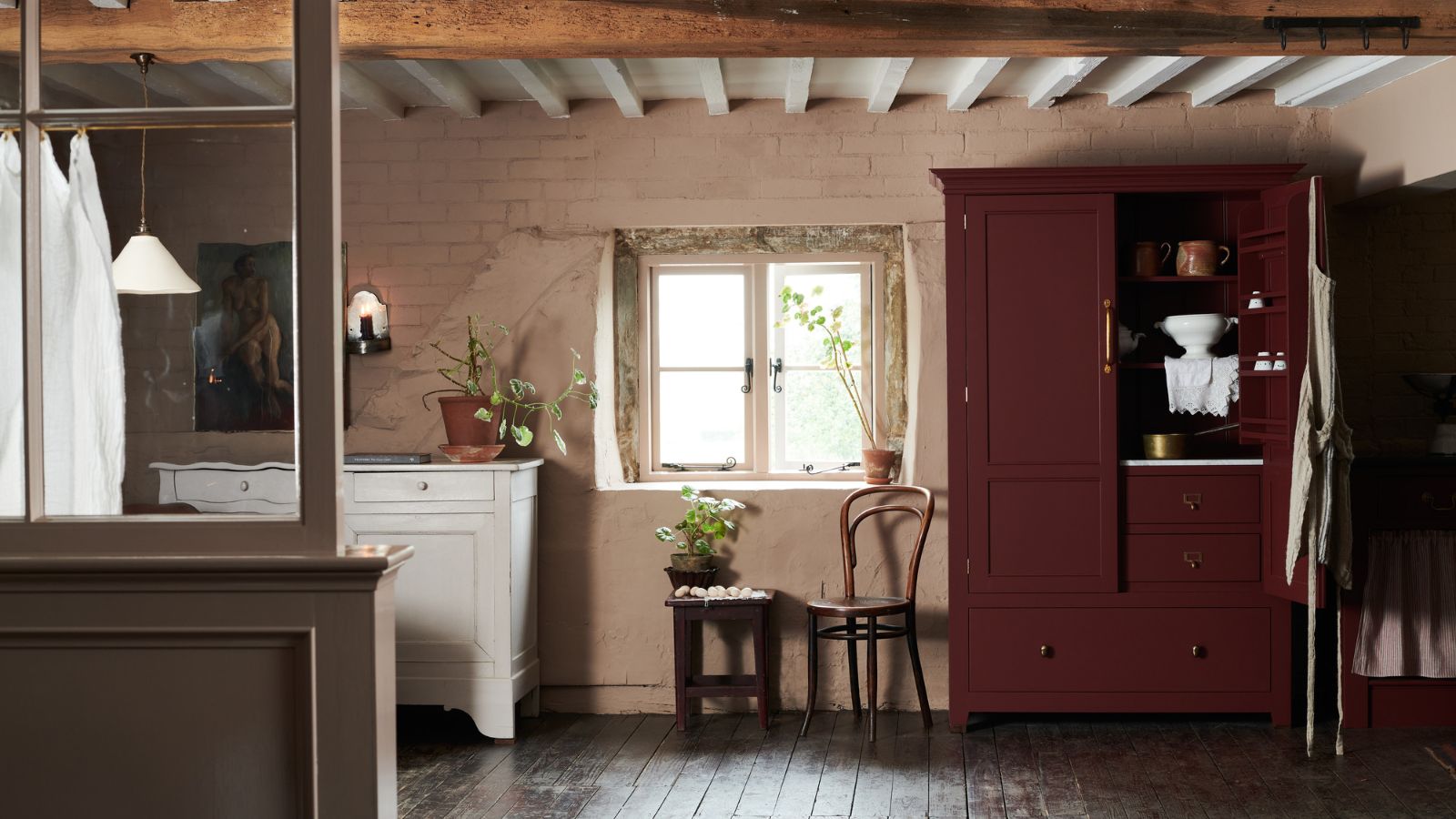 'Wick away the ick' – 6 things people with clean laundry rooms always do to make this hardworking space shine
'Wick away the ick' – 6 things people with clean laundry rooms always do to make this hardworking space shineThese tips on how to clean your laundry room will banish grime
By Seraphina Di Mizzurati Published
-
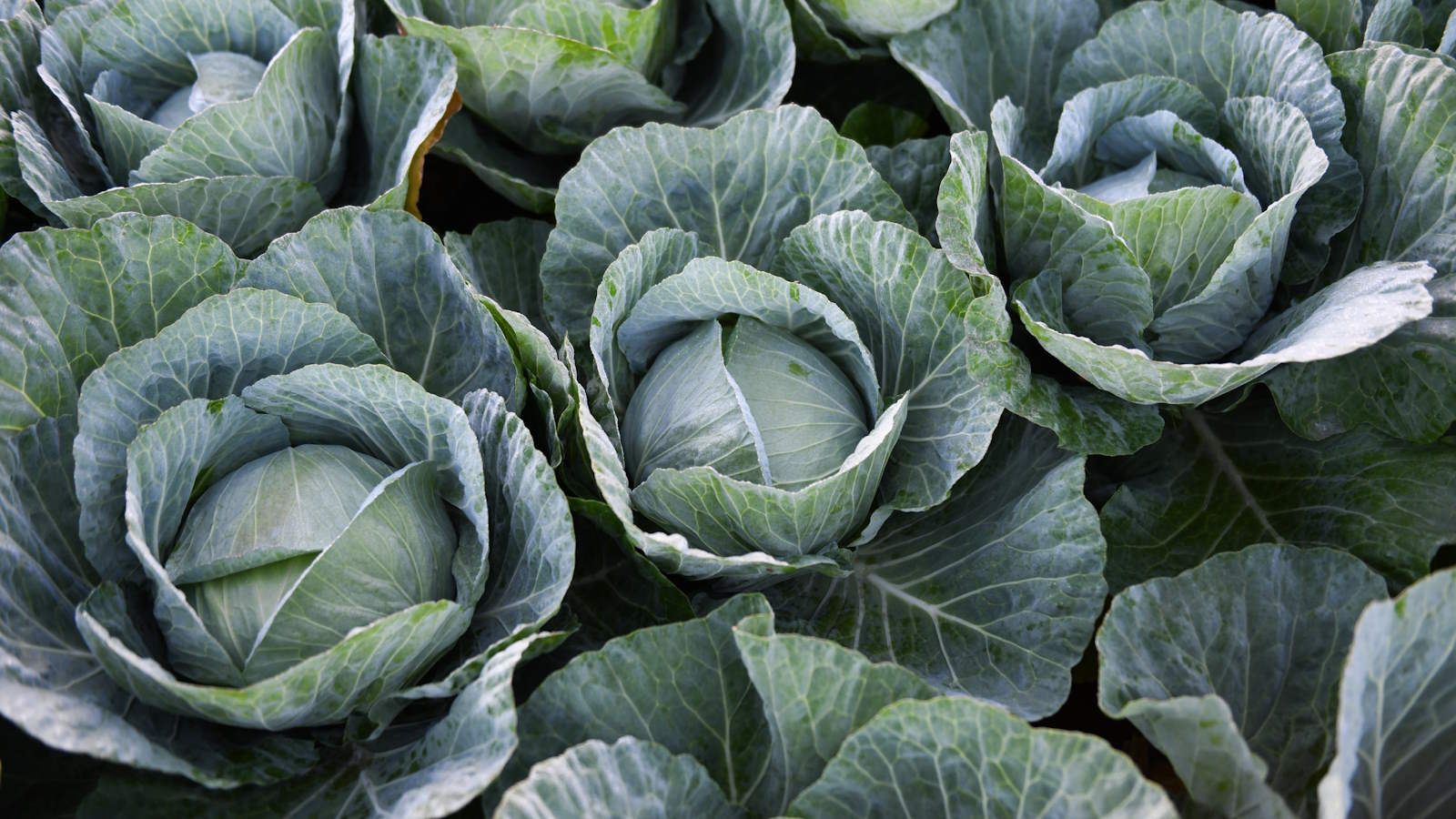 How to grow cabbages in containers – expert tips for top harvests in small urban spaces
How to grow cabbages in containers – expert tips for top harvests in small urban spacesYou can grow lots of different cabbages in pots, troughs, grow bags, or buckets
By Drew Swainston Published
-
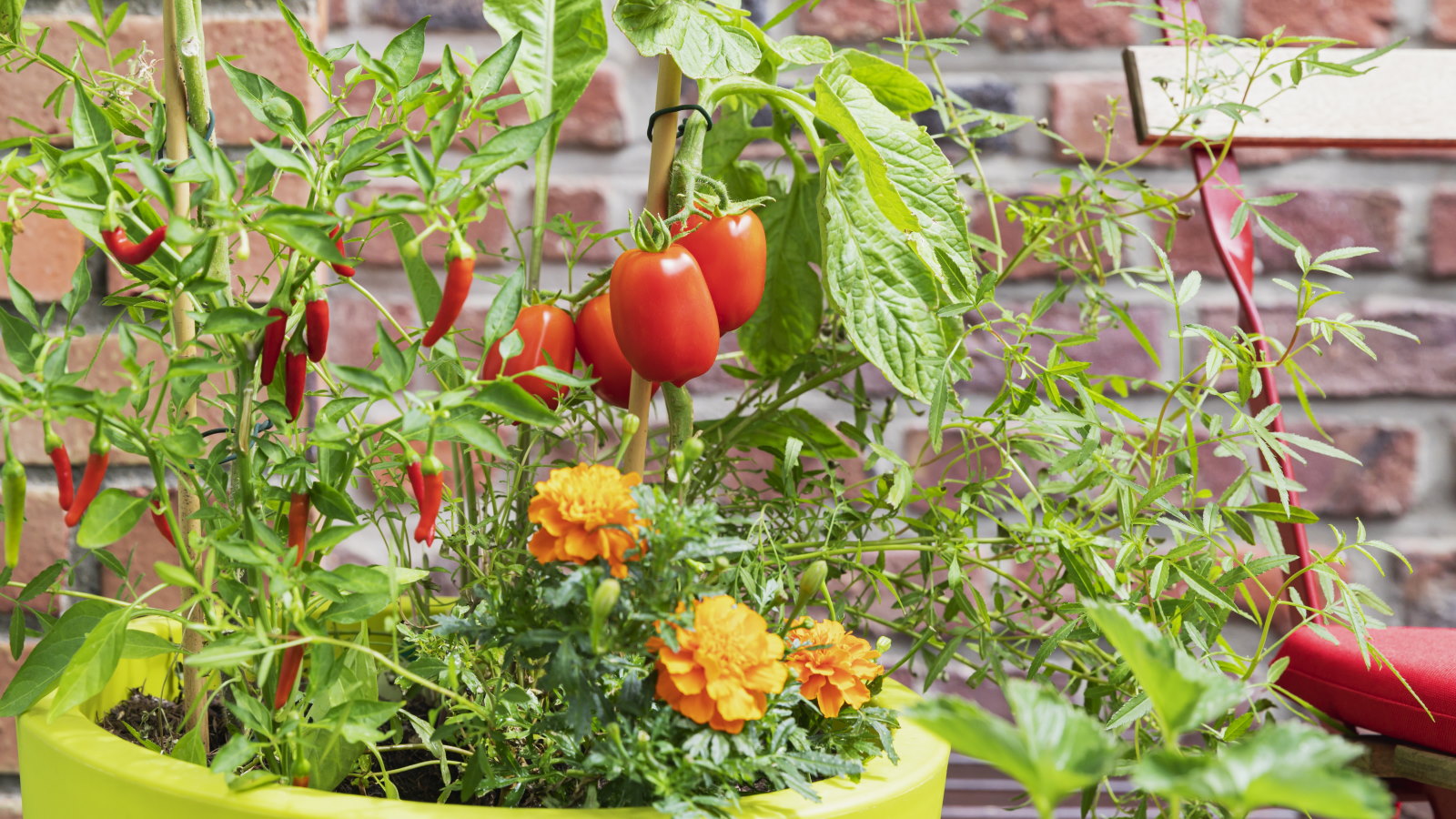 You'll get the best homegrown tomato crops if you plant them next to this one flower – discover why these two are a dream combination
You'll get the best homegrown tomato crops if you plant them next to this one flower – discover why these two are a dream combinationYour tomato plants will be pest-free and covered in fruits
By Drew Swainston Published
-
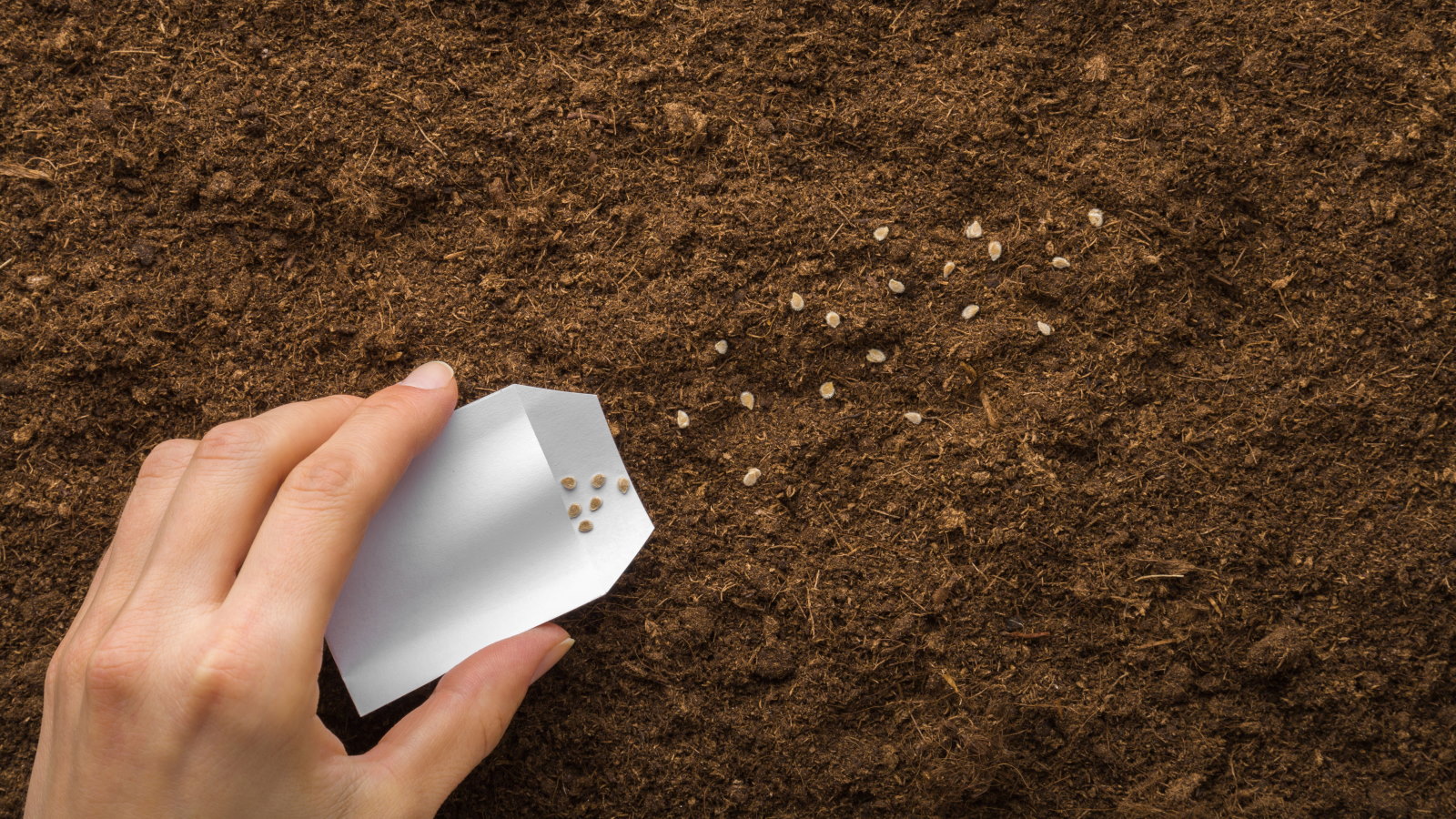 Direct sowing vs transplanting – our grow-your-own expert advises which is best, and shares 5 veggies you should always sow directly
Direct sowing vs transplanting – our grow-your-own expert advises which is best, and shares 5 veggies you should always sow directlyBoth approaches to sowing vegetables have pros and cons
By Drew Swainston Published
-
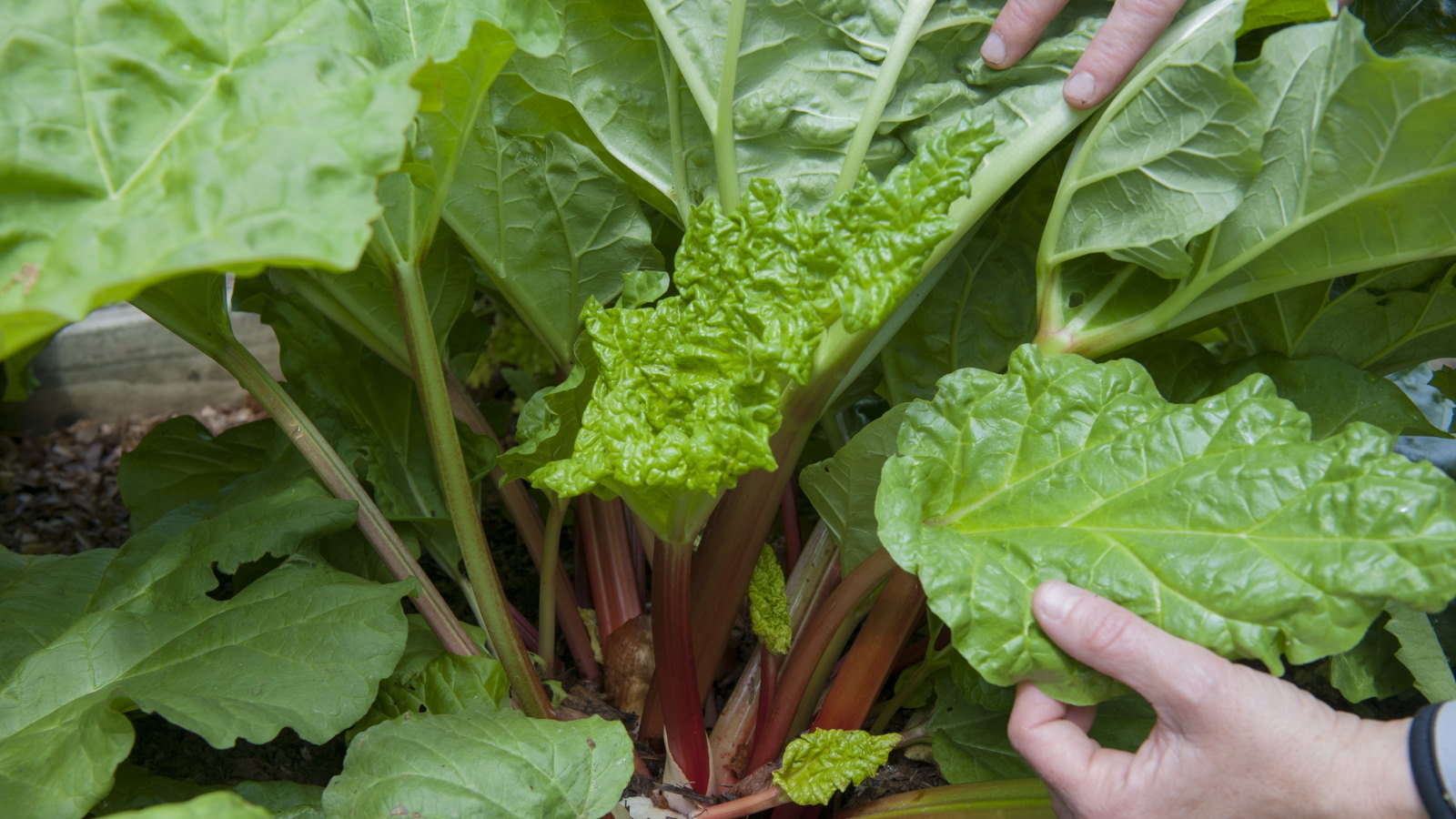 I grew rhubarb from seed for years – here’s exactly how to do it for guaranteed germination and healthy crops of fruit
I grew rhubarb from seed for years – here’s exactly how to do it for guaranteed germination and healthy crops of fruitGrowing rhubarb from seed is a cost-effective way to propagate plants, but it requires care and patience
By Drew Swainston Published
-
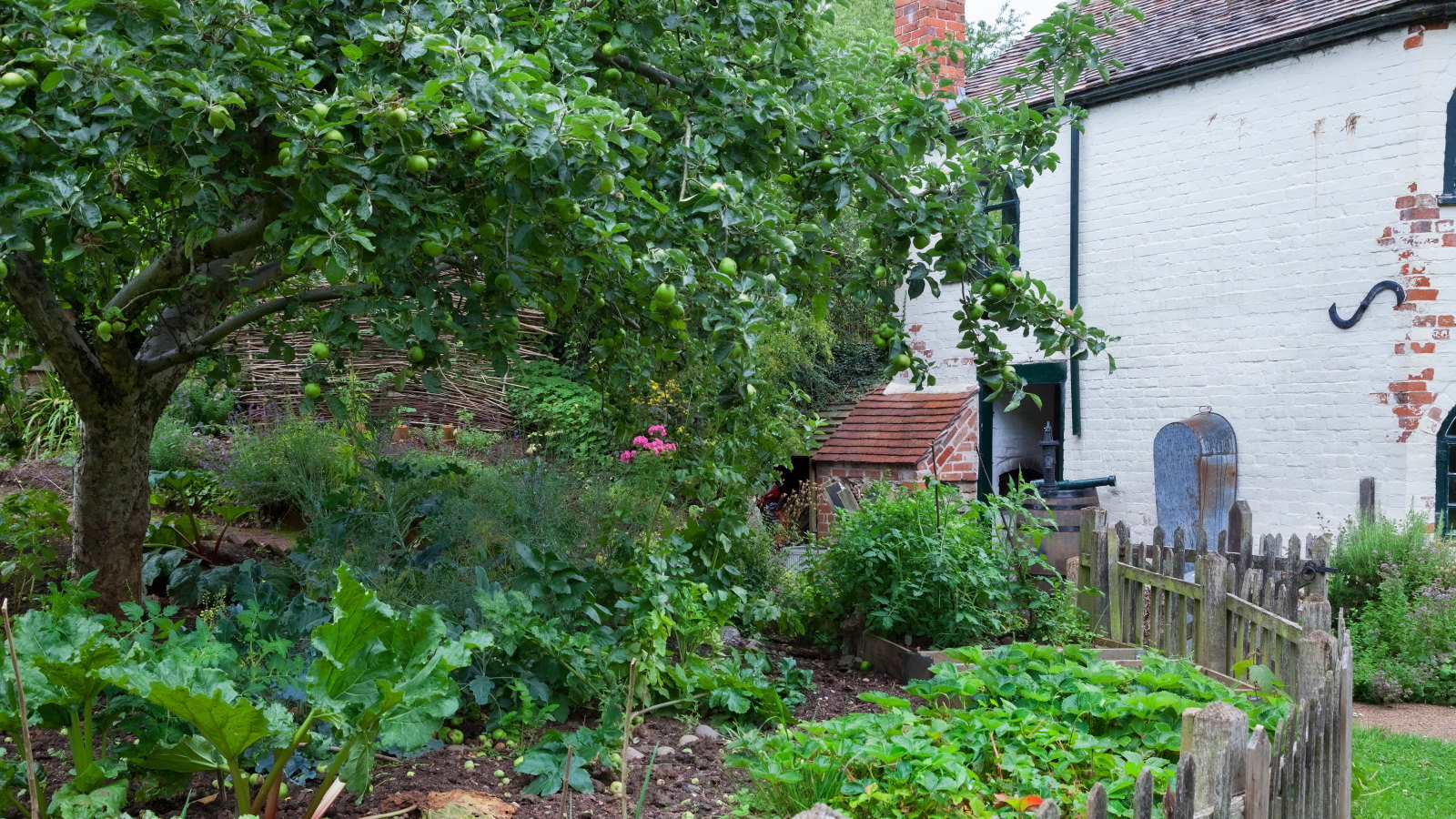 4 reasons you should plant trees in a vegetable garden – plus experts reveal the secrets to help you reap the rewards
4 reasons you should plant trees in a vegetable garden – plus experts reveal the secrets to help you reap the rewardsSee how agroforestry principles can help boost your soil and harvests
By Drew Swainston Published
-
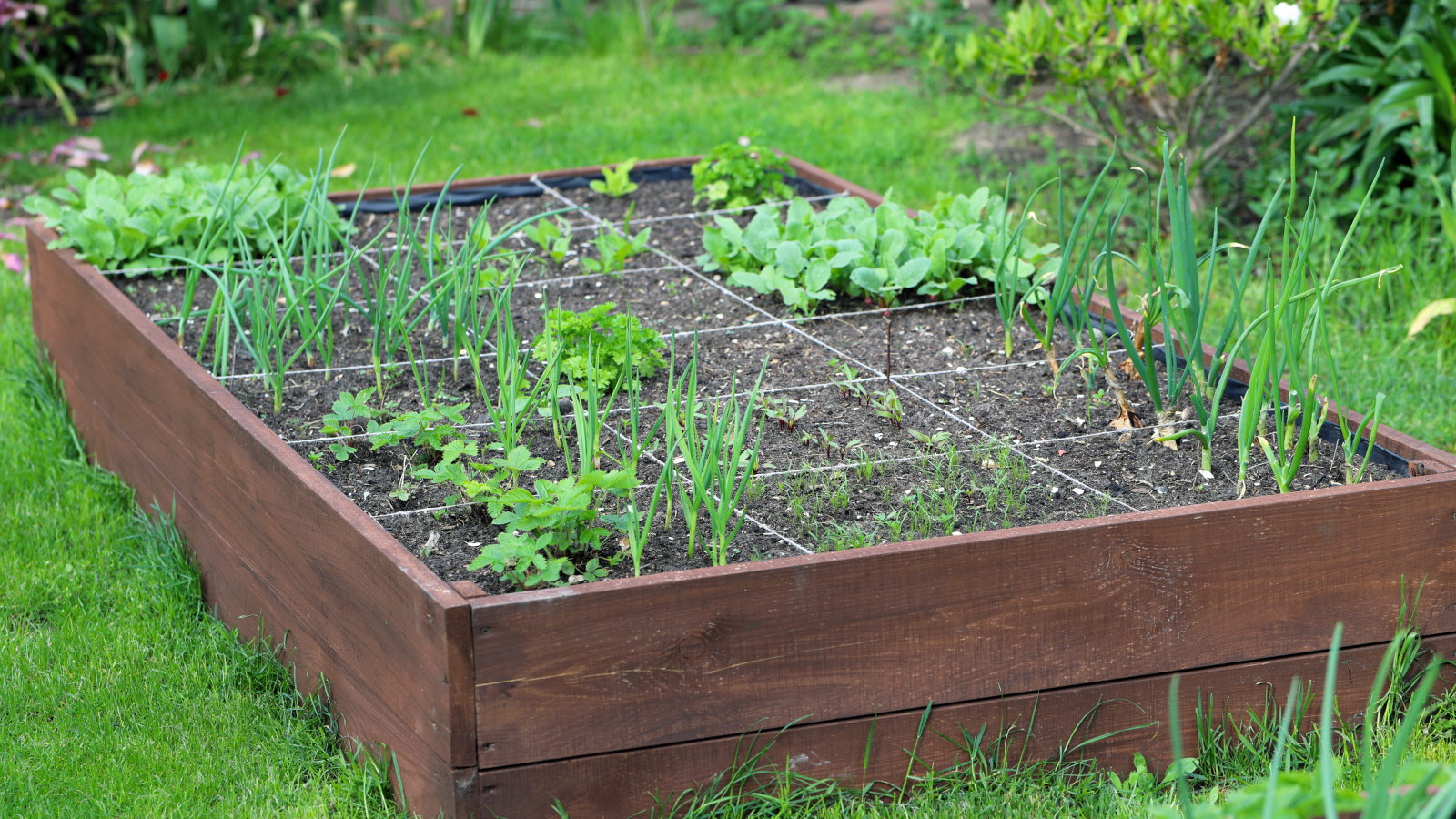 9 of the best vegetables to grow using the square foot gardening method – for big harvests in small spaces
9 of the best vegetables to grow using the square foot gardening method – for big harvests in small spacesPlus how many of each vegetable can be grown per square foot
By Drew Swainston Published
-
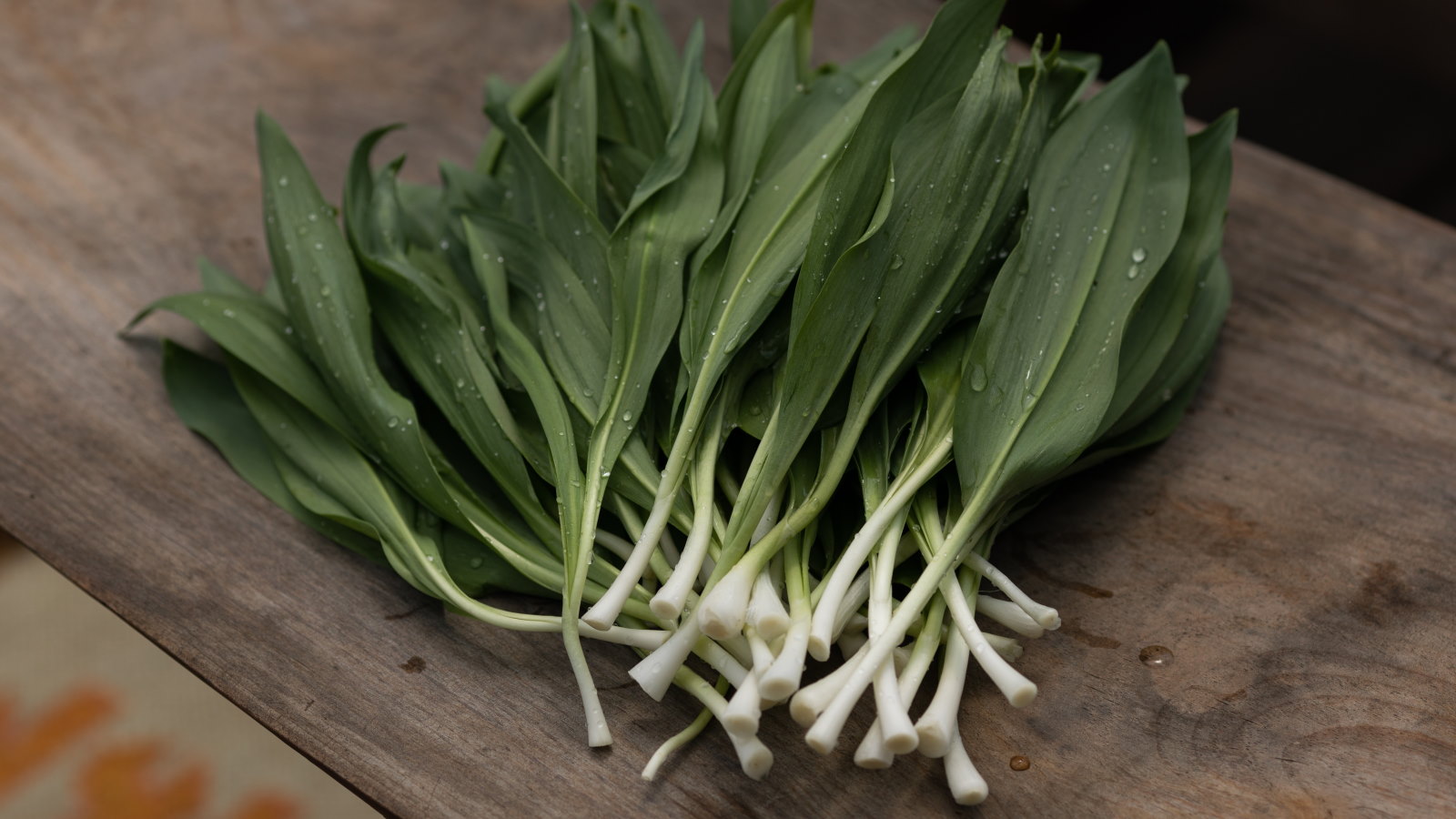 Ramps are highly prized spring harvests for chefs – discover how to grow your own at home from bulbs or seeds to have rich pickings for years to come
Ramps are highly prized spring harvests for chefs – discover how to grow your own at home from bulbs or seeds to have rich pickings for years to comeGrowing ramps, or wild leeks, does require patience, but the rewards are worth the wait
By Drew Swainston Published
-
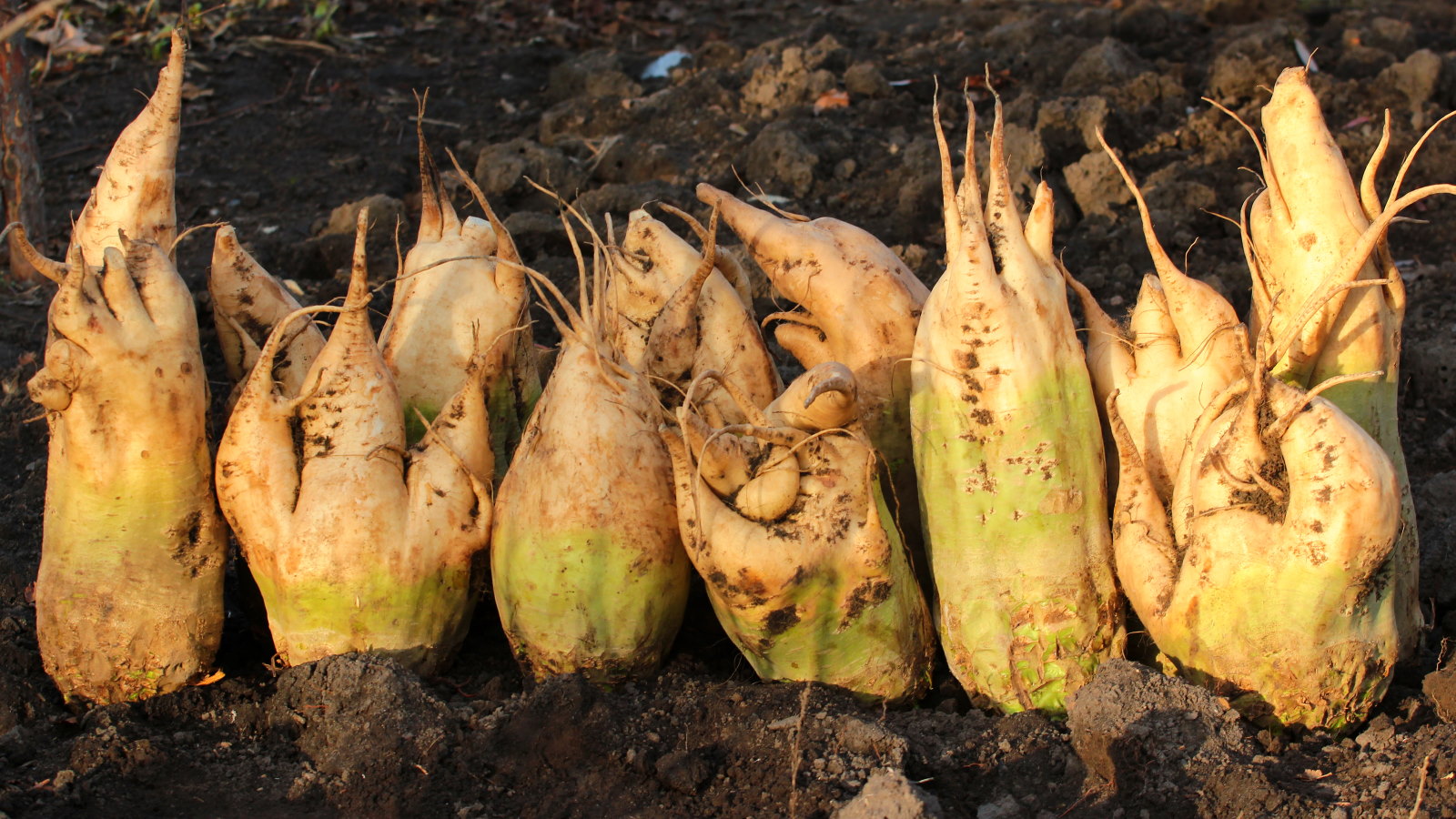 How to grow mangelwurzel – for a versatile and wondrous multi-purpose historic vegetable
How to grow mangelwurzel – for a versatile and wondrous multi-purpose historic vegetableThis easy-to-grow and incredibly productive crop may become your favorite new vegetable
By Drew Swainston Published